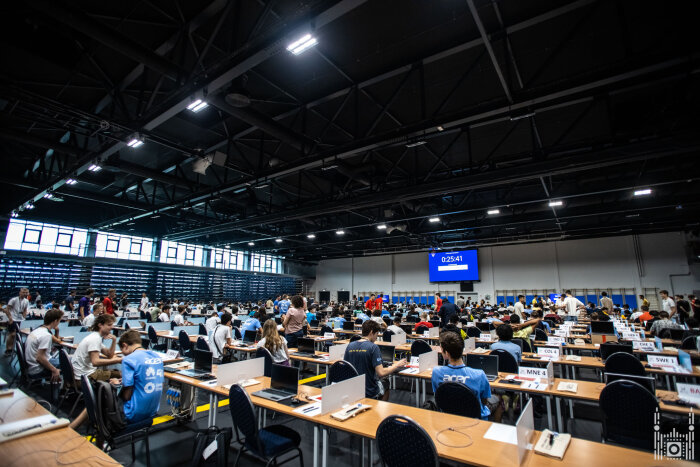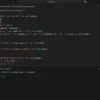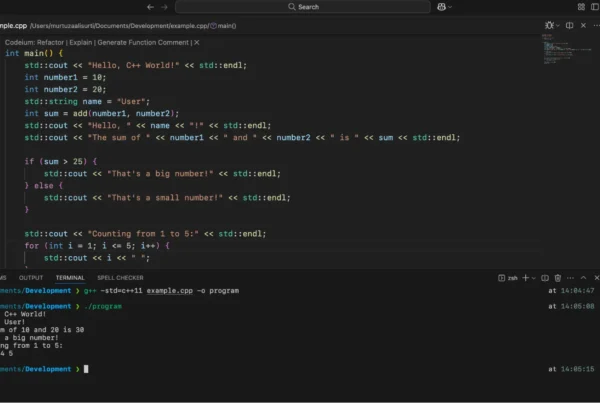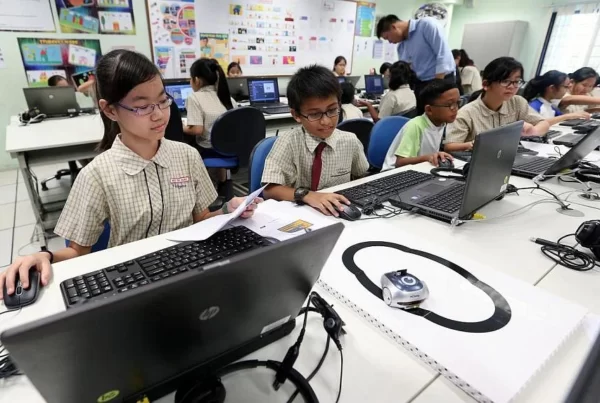Competitive programming is a fantastic opportunity for students to develop their logical thinking and problem-solving skills, but who exactly is it for? And how can young learners get a head start on preparing for future competitions? Let’s break it down.
Who Can Participate in Competitive Programming?
Competitive programming is open to individuals of all ages, but it is especially popular among students at different educational stages:
High School Students: Many competitions, such as Google Kick Start and online platforms like Codeforces and AtCoder, welcome high school students with a passion for coding and problem-solving.
University Students: Competitions like the ICPC (International Collegiate Programming Contest) are aimed specifically at university students, but most online platforms cater to this group as well. Many companies also recruit top talent from university-level participants in major contests.
Working Professionals: Even beyond student life, many working professionals and tech enthusiasts continue to participate in competitive programming for fun, to hone their skills, or as a way to prepare for technical interviews.
Why Should Young Learners Get Into Competitive Programming Early?
Starting competitive programming at a young age offers several benefits:
Build a Strong Foundation: Early exposure to programming helps young learners develop critical thinking and analytical skills, which can give them an edge in both academics and later career pursuits.
Prepare for Future Competitions: Many competitions are open to younger students, and those who start early can gradually work their way up to more prestigious contests like the Google Code Jam or ICPC.
Opportunities for Scholarships and Careers: Some top competitive programming competitions offer scholarships or open doors to tech internships and career opportunities. For example, companies like Google and Meta frequently scout for talent through competitive programming events.
Informatics Olympiads
Informatics olympiads (like the International Olympiad in Informatics, or IOI) at younger ages. These competitions are ideal for students aged 12-20, offering an excellent foundation in problem-solving, algorithmic thinking, and coding. Here’s how younger students can prepare for informatics olympiads and build a strong base for competitive programming:
1. Start Early with Problem-Solving
- Encourage logical and algorithmic thinking by solving simple puzzles, math problems, and logic games.
- Focus on learning algorithm fundamentals, such as sorting, searching, and basic graph traversal, which are essential in informatics competitions.
2. Learn the Basics of Coding
- Start with a beginner-friendly programming language like Python, known for its simple syntax.
- Master the basics of data structures (arrays, lists, stacks) and basic algorithms (searching, sorting) before progressing to more advanced topics.
- Websites like Codeforces and AtCoder offer beginner-friendly problems.
3. Explore Resources for Young Learners
- Websites like Khan Academy, Codecademy, and FreeCodeCamp offer introductory courses in programming.
- Use problem-solving platforms like Hackerrank and LeetCode for easy-to-intermediate level problems that align with informatics olympiad topics.
4. Participate in Local Competitions
- Look for local informatics olympiads or school-level programming contests, as these provide early exposure and help build competitive skills.
- National-level competitions often serve as stepping stones to the IOI, and offer an early taste of problem-solving under time pressure.
5. Develop Competitive Mindset
- Practice regularly and gradually increase problem difficulty to develop resilience and an ability to think through complex challenges.
- Encourage consistency and curiosity in learning new concepts, algorithms, and efficient coding techniques.
By focusing on foundational topics in informatics and early problem-solving, students will be well-prepared to excel in both informatics olympiads and later transition smoothly into competitive programming.








